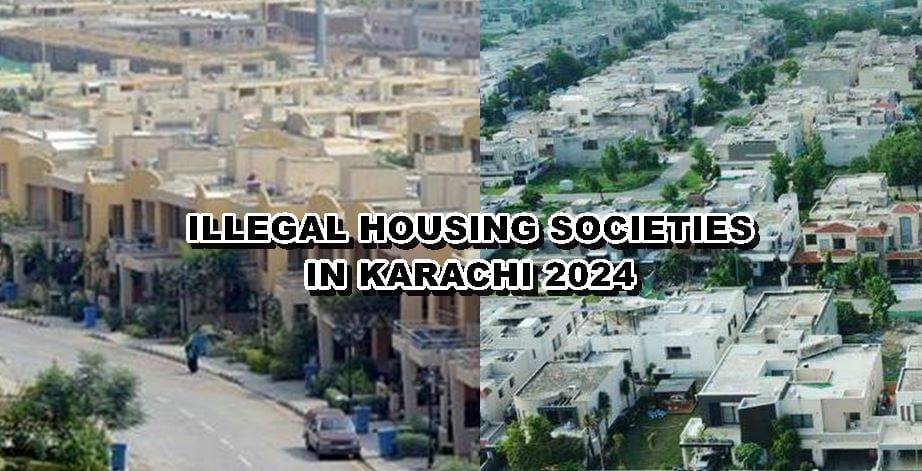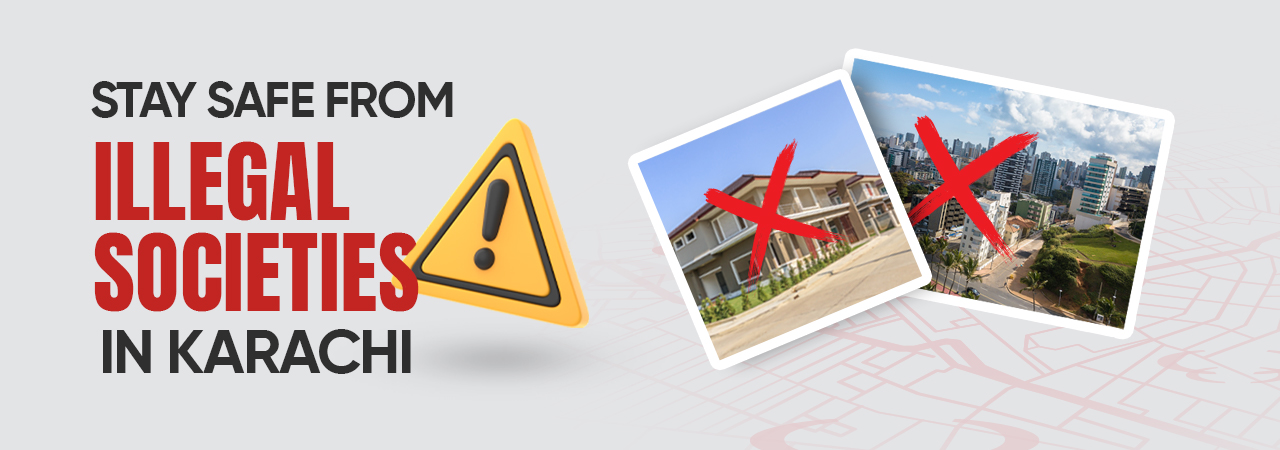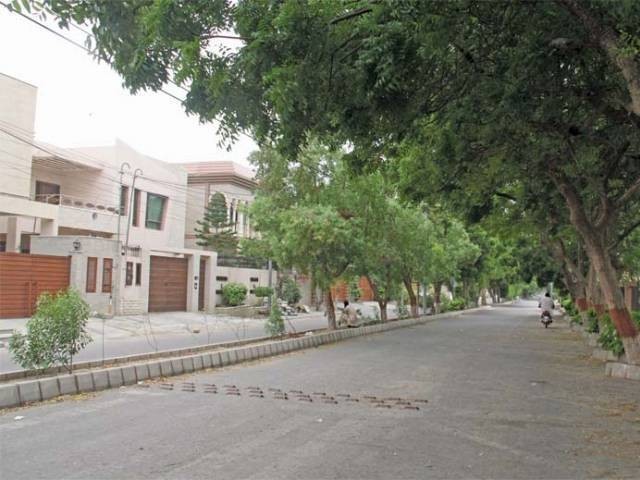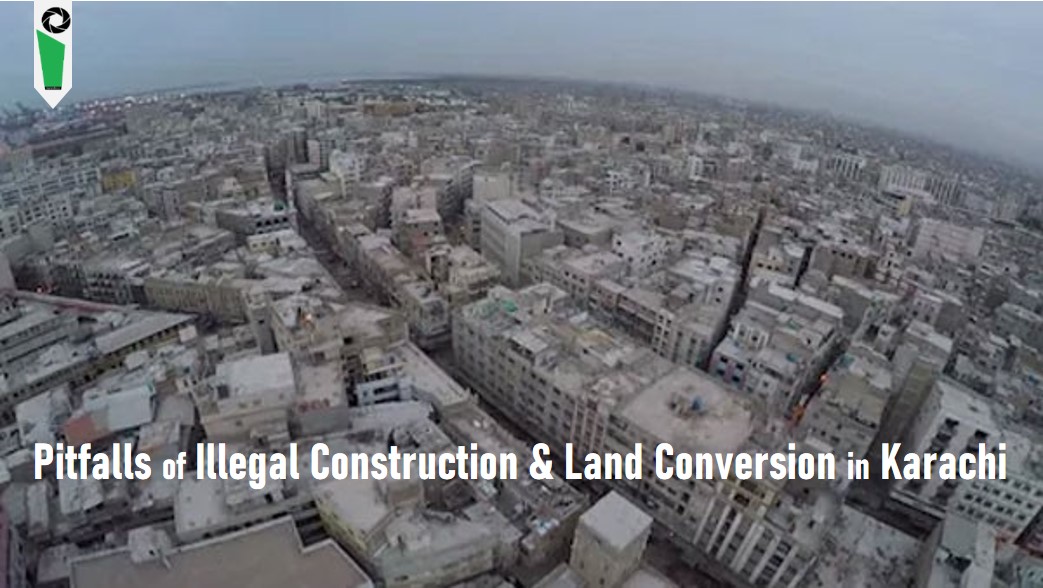Illegal Housing Societies In Karachi

Karachi, a megacity grappling with a severe housing crisis, is increasingly plagued by the proliferation of illegal housing societies. These unauthorized developments, often lacking basic infrastructure and safety regulations, put residents at immense risk and exacerbate the city's already strained resources.
This article delves into the complex issue of illegal housing societies in Karachi. It examines the factors fueling their growth, the devastating consequences for residents and the environment, and the steps being taken – or not taken – to address this critical urban challenge. The piece also aims to shed light on the often-overlooked vulnerabilities of those who fall prey to these unscrupulous schemes.
The Anatomy of Illegal Housing Schemes
The rise of illegal housing societies in Karachi is a multifaceted problem, deeply intertwined with rapid urbanization, corruption, and ineffective governance. A significant driver is the insatiable demand for affordable housing in a city where land prices are sky-high and legitimate housing options are limited. The appeal of seemingly budget-friendly plots in these unauthorized schemes proves too alluring for many low-income families.
These societies often operate with impunity, flouting building codes and environmental regulations. They typically lack essential amenities such as proper sewerage systems, reliable water supply, and adequate road networks, creating unsanitary and hazardous living conditions. Worse, many are built on illegally acquired land, including agricultural land and areas designated for public use.
Modus Operandi
The process typically involves land grabbers, often with political backing, who illegally occupy land and subdivide it into plots. They then aggressively market these plots to unsuspecting buyers, promising quick approvals and low prices. Often, these promises are hollow, leaving residents trapped in legal limbo and exposed to exploitation.
Gohram Goth and Malir are notorious areas where illegal housing societies have mushroomed, often encroaching upon sensitive ecological zones. The Sindh Building Control Authority (SBCA) is the primary body responsible for regulating construction, but its capacity and effectiveness are often questioned. Many accuse the SBCA of being complicit, turning a blind eye to illegal construction in exchange for bribes.
The Human Cost
The consequences of investing in illegal housing schemes are dire. Residents face the constant threat of displacement as authorities occasionally conduct demolition drives. They are deprived of basic necessities and live with the fear of losing their life savings and their homes.
Furthermore, the lack of proper infrastructure poses serious health risks. Untreated sewage contaminates groundwater sources, leading to outbreaks of waterborne diseases. Poor road conditions and limited access to emergency services further endanger residents' well-being.
"We invested our entire life savings in this plot," lamented Saleem Khan, a resident of an illegal society in Surjani Town. "Now, we are told that the land is disputed, and we may lose everything." This is a recurring narrative among residents of these settlements.
Environmental Degradation
The proliferation of illegal housing societies is also taking a heavy toll on Karachi's environment. Unplanned construction is destroying green spaces and agricultural land, contributing to the city's rising temperatures and increased vulnerability to floods. Encroachment on waterways and drainage channels disrupts natural drainage patterns, exacerbating the risk of urban flooding during monsoon season.
Government Response and Challenges
The Sindh government has repeatedly vowed to crack down on illegal housing societies, but progress has been slow and inconsistent. While occasional demolition drives are carried out, they often target smaller settlements, while larger, well-connected schemes remain untouched. The lack of political will and rampant corruption within regulatory bodies are significant impediments.
The SBCA has launched awareness campaigns to educate the public about the risks of investing in unauthorized projects. However, these efforts are often overshadowed by the aggressive marketing tactics employed by the developers of illegal schemes. A lack of coordination between various government departments further hampers effective enforcement.
Looking Ahead
Addressing the menace of illegal housing societies in Karachi requires a multi-pronged approach. Stricter enforcement of building codes, transparent land record management, and an end to corruption within regulatory bodies are crucial first steps. Investing in affordable housing options for low-income families is essential to reduce the demand for illegal schemes.
Empowering communities and raising awareness about their rights can help prevent them from falling prey to unscrupulous developers. Public-private partnerships can be explored to develop sustainable and affordable housing projects that comply with all relevant regulations. Ultimately, tackling this challenge requires a concerted effort from all stakeholders, including government, civil society, and the private sector.
Unless decisive action is taken, the problem of illegal housing societies will continue to worsen, further straining Karachi's already fragile infrastructure and endangering the lives and livelihoods of its residents. The future of this megacity hinges on its ability to address this critical urban challenge effectively.
















![Illegal Housing Societies In Karachi [Updated 2021] Illegal Housing Schemes in District Malir Karachi](http://manahilestate.com/wp-content/uploads/2019/03/Illegal-Housing-Schemes-in-District-Malir-Karachi.jpg)

